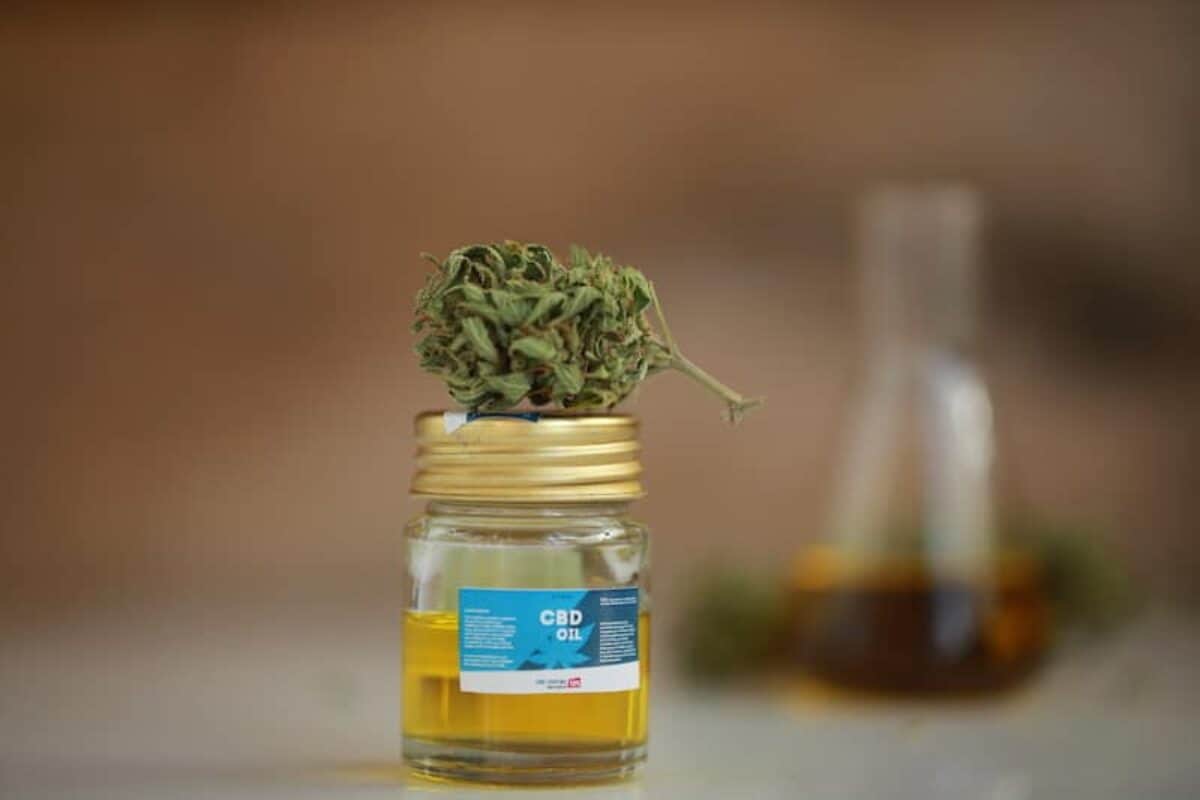By FOCUS, a Leonine Business
Over the past decade, the legalization of marijuana – both medically and recreationally – has exploded across the country. Just this year, Vermont became the ninth state, including the District of Columbia, to legalize the use of marijuana recreationally, while 29 total states now allow medical use of the plant and its derivatives. While the contradiction between state and federal marijuana laws has been discussed and debated ad nauseum, another development has slowly evolved alongside the marijuana industry, one that states on both sides of the divide are now grappling with, and which threatens to stagnate a major sector of the still-nascent industry – how to regulate marijuana derived products that don’t get the user high?
Since Colorado and Washington became the first two states to legalize recreational marijuana in 2012, the industry began booming, with new types of marijuana-derived products, medical and otherwise, reaching the market at a lightning pace. These innovations have thrown a new dimension of complexity into the policy of marijuana regulation, forcing both states who have legalized and those who have not to reevaluate their stances on the substance. Among the many medical innovations that have come about over the past several years, one has stood above the others in popularity and notoriety – cannabidiol oil, also known as CBD oil. CBD oil first received attention as a medical product for two important reasons. First is its ability to treat certain types of epileptic seizures, even in children who have shown to be resistant to other treatments. Secondly, CBD oil does not cause the typical high associated with the use of marijuana, as it often does not contain tetrahydrocannabinol, or THC, the psychoactive compound in marijuana.
This second significant feature has confounded lawmakers by raising an important question: how, and whether, to regulate CBD oil and other marijuana derived products that do not physically or mentally impair the user, and whether these products should be considered “drugs” under state law or not. As usual in this highly contentious field, a dizzying array of contradicting state and federal laws has made life difficult for those who wish to buy, sell or manufacture CBD-based products; this has placed state lawmakers and officials in a difficult place. Some have chosen to outlaw the product and its sale as though it were marijuana, while others have specifically authorized its use as a medical product. Many others continue to grapple with the issue on an ongoing basis.
Some states are already lining up against the sale and use of CBD containing products in their states. Kansas Attorney General Derek Schmidt recently issued an official opinion declaring any product containing CBD oil in any amount to be illegal in the state. Similarly, Indiana Attorney General Curtis Hill also issued an opinion last year declaring CBD oil and any products containing it to be illegal. While these two conservative-leaning states, both of which outlaw medical marijuana, took unilateral action against CBD oil, others are moving in the opposite direction.
North Carolina’s Board of Pharmacy also issued a guidance document on the subject, stating that it has not approved sales of any such products, and instead guides pharmacists to state law regarding its stance on and the legality of the sale of hemp based products, holding these products to standards similar to those proposed by the Indiana bill.
There are also movements in the opposite direction however, with a number of states looking to fully legalize CBD containing products or allow them for specific medical treatments. This year, the Indiana General Assembly has responded to its own attorney general with SB 52, a bill that would legalize products containing CBD oil in concentrations of up to 0.3 percent. The bill passed the Senate overwhelmingly, 35-13, and is now awaiting consideration in the House. Virginia is also moving forward with similar legislation that would expand the legality of CBD. SB 726 passed the Senate unanimously and is now awaiting consideration in the House. According to NCSL, at least 19 states have passed similar laws regarding the use and possession of CBD oil and other CBD containing products.
Federally, there remains confusion on the topic. The Trump Administration has signaled that it will begin cracking down on states that have authorized legal marijuana, though the extent of this potential crackdown remains unclear. CBD oil remains a schedule I controlled substance under federal law, like its leafy counterpart, and as such could be subject to a crackdown by federal law enforcement. Further, the FDA has also ruled that products containing CBD or THC cannot be marketed or sold as dietary supplements, severely restricting the marketing practices of companies selling CBD products, as they are typically used as a homeopathic treatment for a variety of maladies.
On the federal level, many of these issues may be resolved soon, as a San Francisco court is scheduled to hear arguments in a lawsuit seeking to overturn the FDA’s classification of CBD as a schedule I controlled substance. On the state level, debate on the issue will likely continue for years to come, as lawmakers, attorneys general, and governors attempt to navigate the legality and medical benefits of this new class of products in an environment that is both complex and politically charged.


